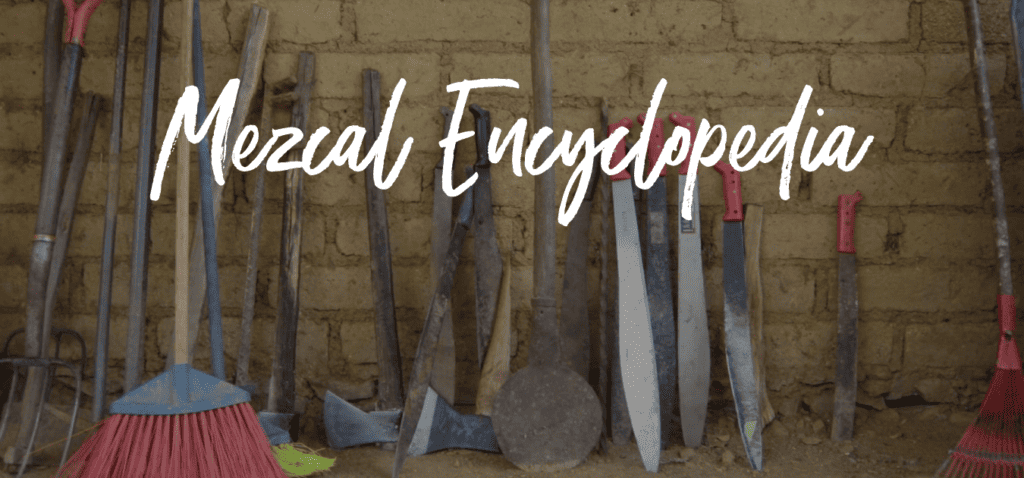Want to know your puntas from your perlas from your pechuga? Your bacanora from your bagazo? Find your mezcal definitions here!

Want to know your puntas from your perlas from your pechuga? Your bacanora from your bagazo? Find your mezcal definitions here!

Subscribe by email for my latest updates!
